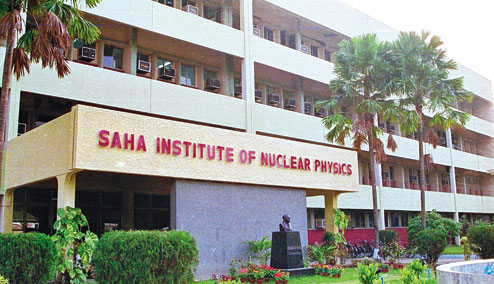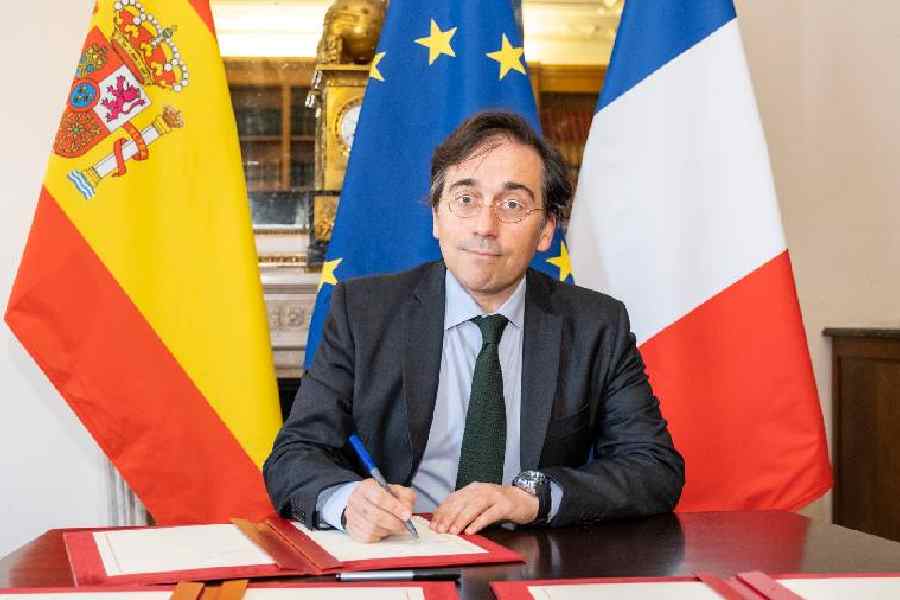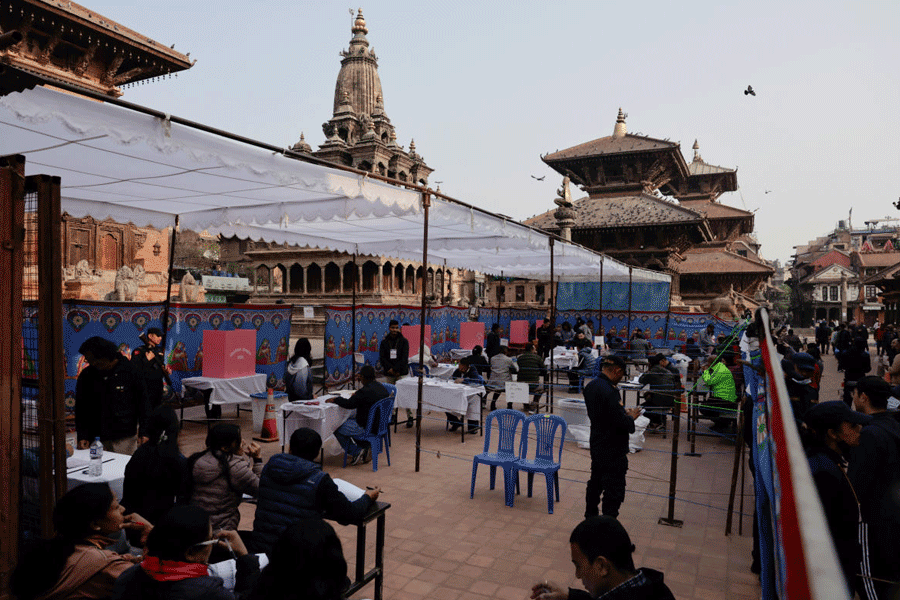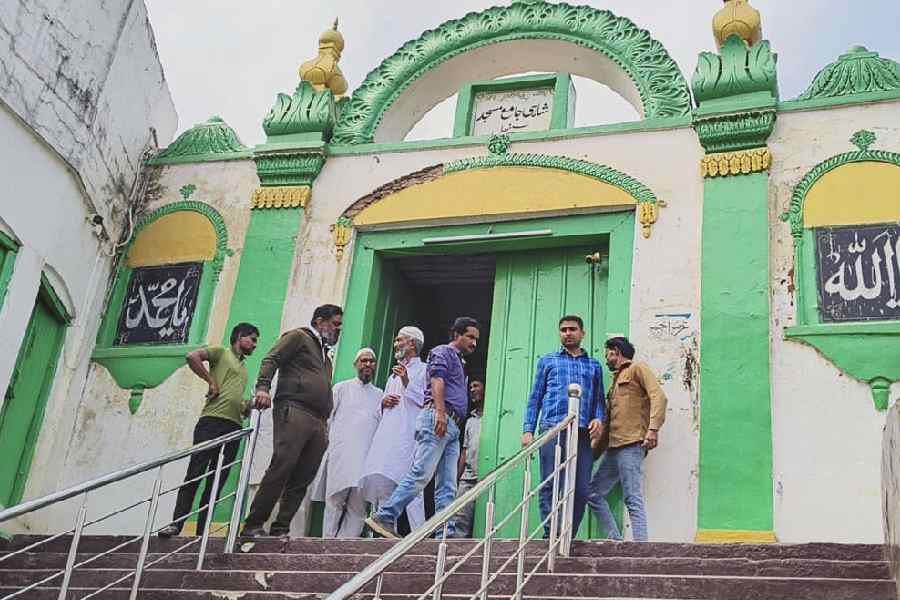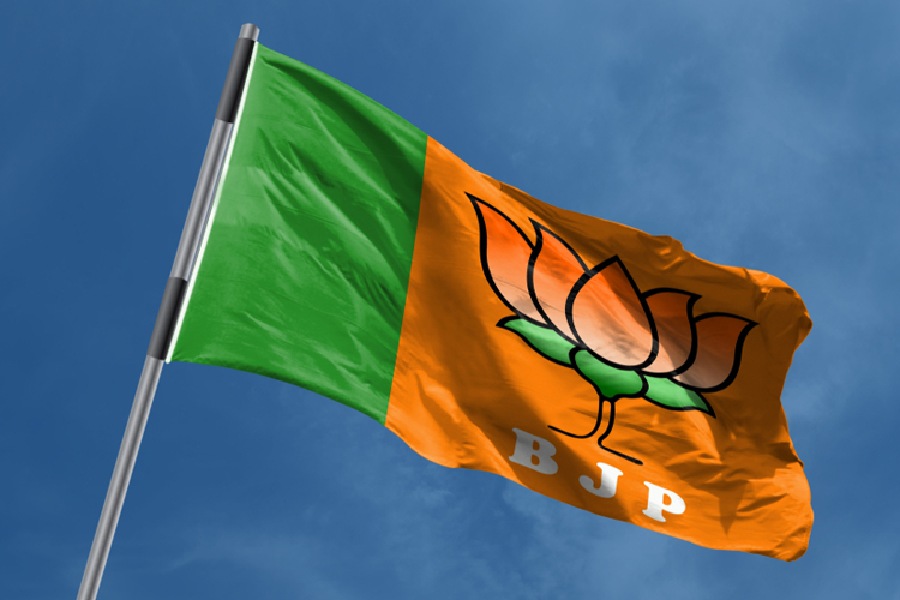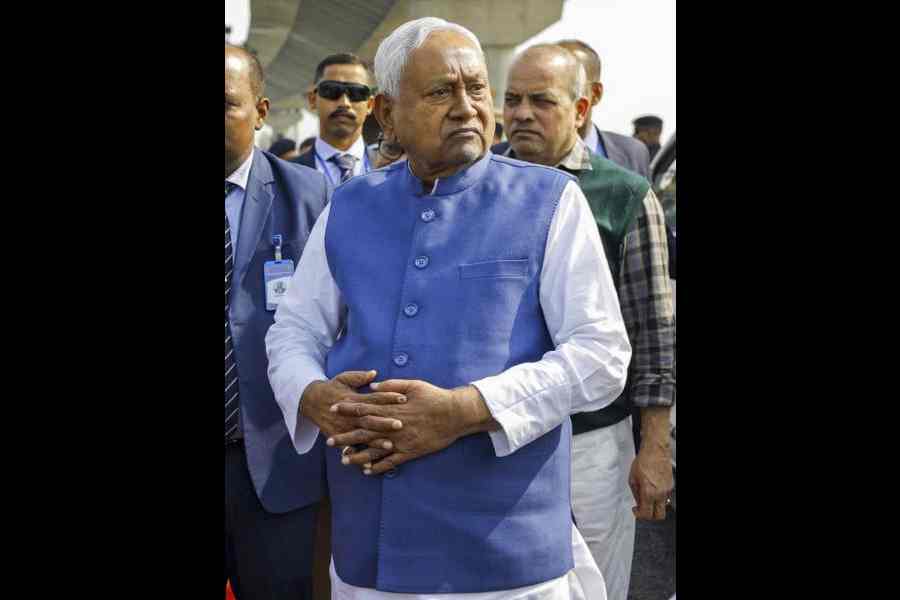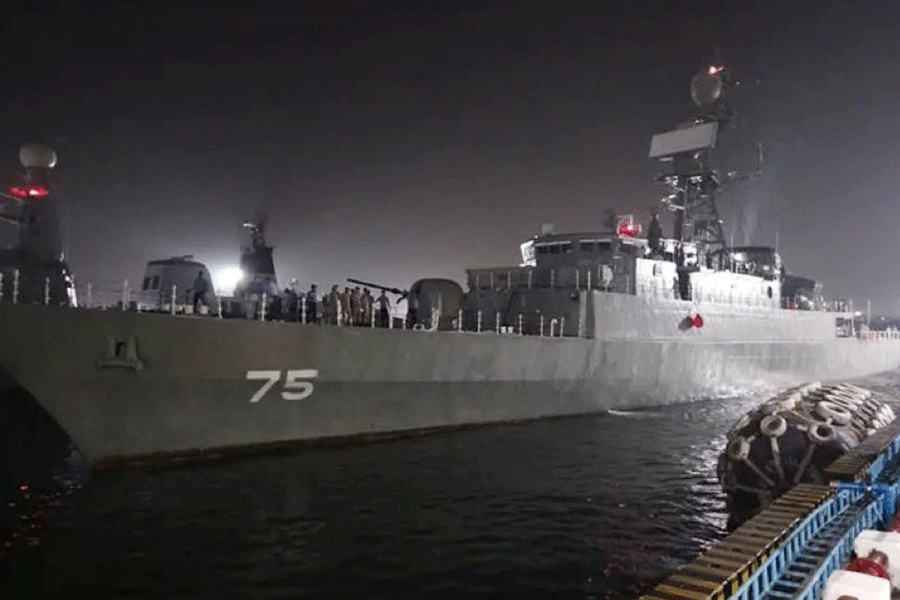 |
| The Saha Institute of Nuclear Physics in Salt Lake |
Five research scholars from the Saha Institute of Nuclear Physics will head for Cambridge over the next three years to complete their PhD at the Cavendish Laboratory that has given the world 29 Nobel laureates.
Two students have already been conferred the inaugural Saha Cambridge Scholarship in Physics for 2013, covering tuition fees at the prevailing overseas exchange rate and an annual stipend.
“This scholarship is the first of its kind in the country,” Milan Kumar Sanyal, the director of the Institute, told Metro.
Sanyal is just back from Cambridge after inking a tripartite memorandum of understanding on July 9. The other signatories were James Stirling of the department of physics, University of Cambridge, and Michael O’Sullivan of the Cambridge Commonwealth Trust.
The selected students will be conferred their doctorate degrees by the University of Cambridge. The tripartite agreement allows for up to two scholarships to be awarded each year.
The institute will pay for each scholar’s training and research in India along with return airfare between India and the UK. The Cambridge Commonwealth Trust will pay each scholar’s tuition fees, college fees and stipend for one-and-a-half years of his or her stay overseas. The Cavendish Laboratory will bear the remaining expenditure until completion of the scholar’s PhD.
The Saha institute runs a one-year post-MSc course that is a precursor to its PhD programme. Between 30 and 40 students selected through a nationwide screening process take the course and go on to complete their PhD.
“Students who win the new scholarship will complete the post-MSc course, spend their first two years of PhD research at the institute and another two years at Cambridge. They will be guided by a faculty member each from the institute and the Cavendish Laboratory,” director Sanyal said.
The research scholars will be selected jointly through joint interviews conducted over Skype by the Saha institute and the Cavendish Laboratory.
At Cambridge, PhD programmes are generally for three years but those chosen for the scholarship would get a year’s exemption on the basis of research done at the institute.
The programme will commence in October 2013 and run till 2015. The scholarship programme will be reviewed annually.
One of the two students who have already been selected for the 2013 programme specialises in theoretical physics and the other in surface physics.
Sanyal said the joint PhD programme would expose those chosen for it to the best of both worlds.
“It should also help in retaining the best brains in physics in our country. They will start their research here and complete it there, rubbing shoulders with some of the biggest names in physics.”
Between 1904 and 1989, the Cavendish Laboratory produced 20 Nobel laureates in physics and six in chemistry. Three others won the Nobel for physiology or medicine.
The list of winners includes Lord Rayleigh and Sir J.J. Thomson for physics in 1904 and 1906 respectively. Sir Aaron Klug for chemistry and Norman Ramsey for physics are the last two laureates, winning in 1982 and 1989 respectively.

